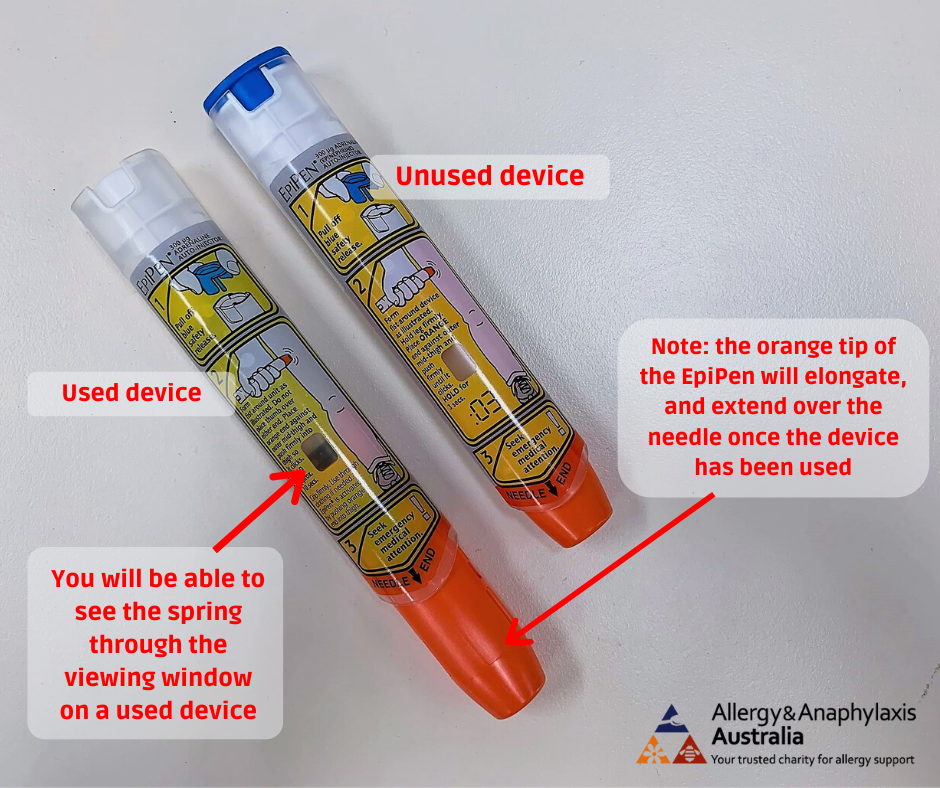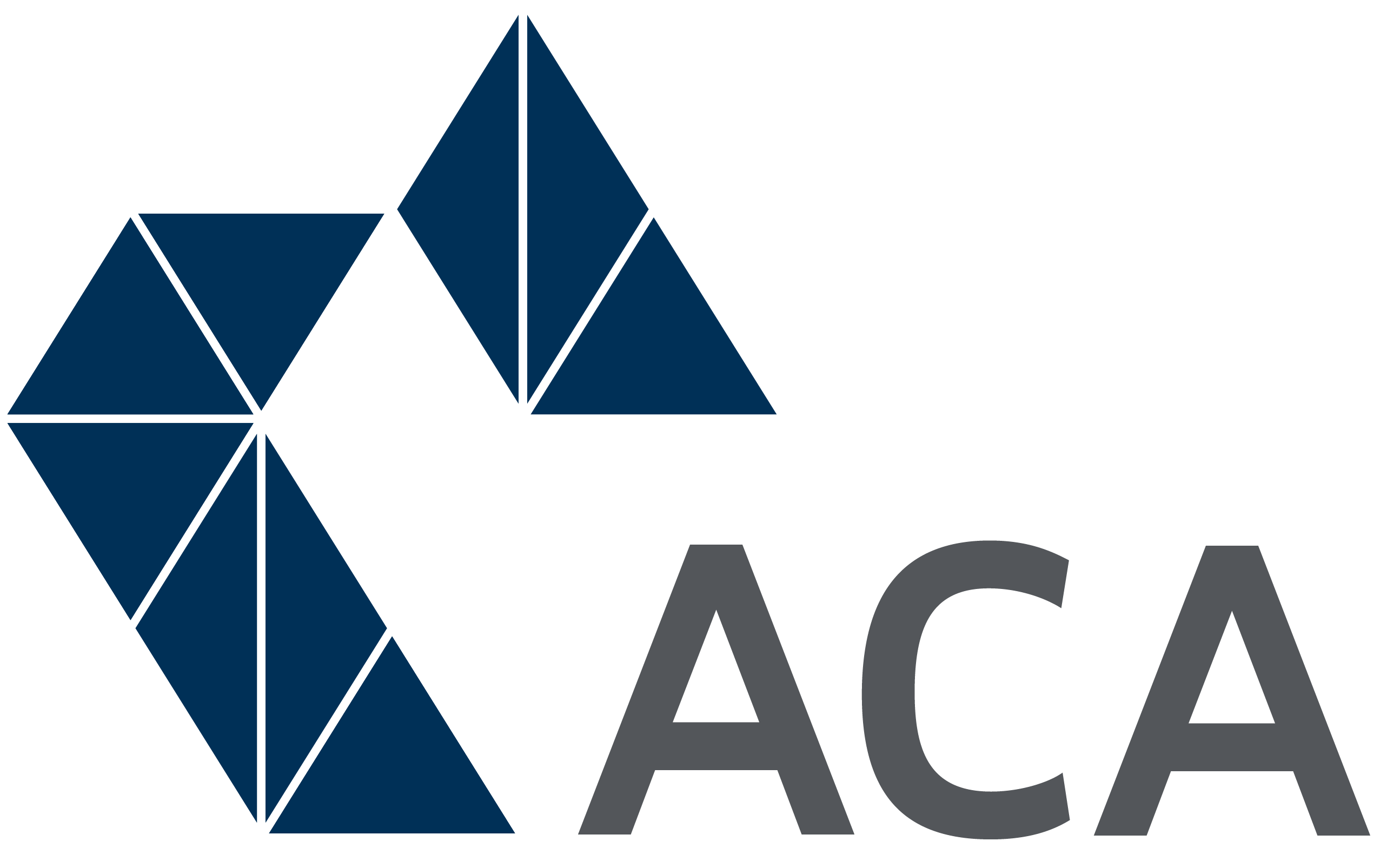
As you may have read in recent media articles, Australia is currently dealing with an EpiPen shortage.
The shortage has been caused by overseas manufacturing issues, and it is predicted that the supply problem won't be resolved until at least the end of January.
Early learning service providers are being advised to:
1/Check your existing EpiPen stock
Check your EpiPen supply to see if the medication expiry date has passed, and also to check that the device has NOT been tampered with or used (see image above).
It is important that the expiry date on the adrenaline autoinjector device is checked and noted, rather than the expiry date on the box.
2/ Hold on to existing stock even if expired
If the expiry date has passed do NOT throw the EpiPen out.
You may wish to ask the family of any children at risk whether they have a new supply you could access for the benefit of their child.
Alternatively if you are unable to access any new medication, you are advised to keep the expired stock and use this in the case of an emergency.
Whilst the use of an expired EpiPen® Jr adrenaline autoinjector is not ideal, research suggests that recently expired devices retain potency.
Therefore, if no other EpiPen® Jr autoinjector is available, use of a recently expired EpiPen® Jr autoinjector to treat anaphylaxis is advised, as stated on the ASCIA website here -www.allergy.org.au/hp/anaphylaxis/adrenaline-autoinjector-storage-expiry-and-disposal.
3/ Contact the doctor of any children who may be at risk
Make a note of the expiry date, contact the relevant child's doctor and ask them to write a letter stating that the EpiPen you have in stock (noting the formal expiry date) has been noted and that you are advised to use it in case of emergency, while waiting on new EpiPen stock.
4/ Keep all records of communication about this topic
Keep the letter from the child's doctor on site and readily at hand, so that you can share it with authorities such as Assessments & Ratings/Compliance Officers if required.
Emergency treatment if you do not have an EpiPen
If you have no access to adrenaline call an ambulance early if there are signs of an allergic reaction and you are uncertain if there are signs of anaphylaxis.
Always follow your ASCIA Action Plan and keep the child in laying position or sitting on the ground/lap with legs outstretched in front of them (not dangling) while an ambulance is called.
Babies/children should not be held upright or be stood up/walked as this can cause a drop in blood pressure.
Further information
For more information about the shortage of EpiPens in Australia, please read this article from Allergy & Anaphylaxis Australia.
For direct updates on the supply of EpiPens, please refer to your regular medication supplier(s).







